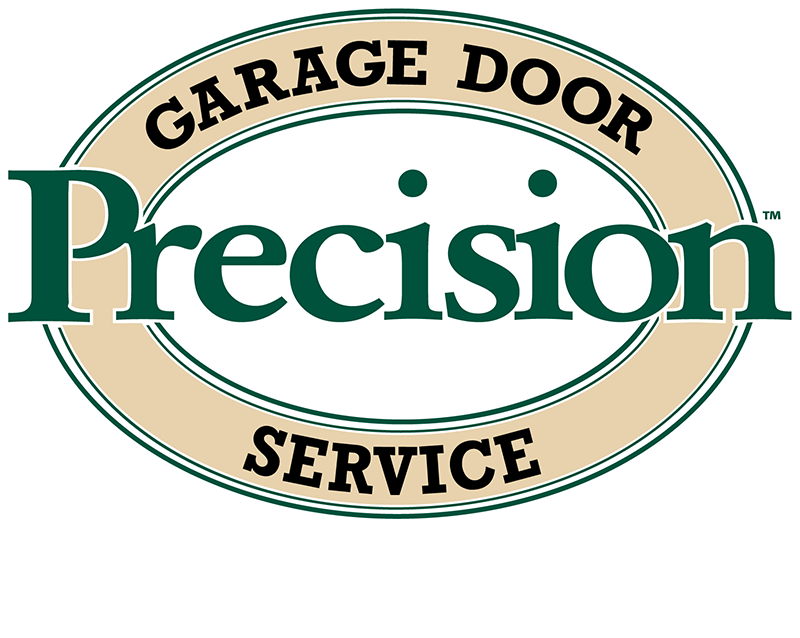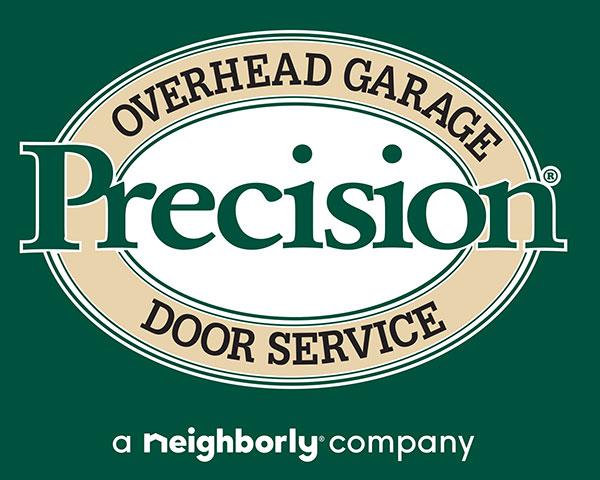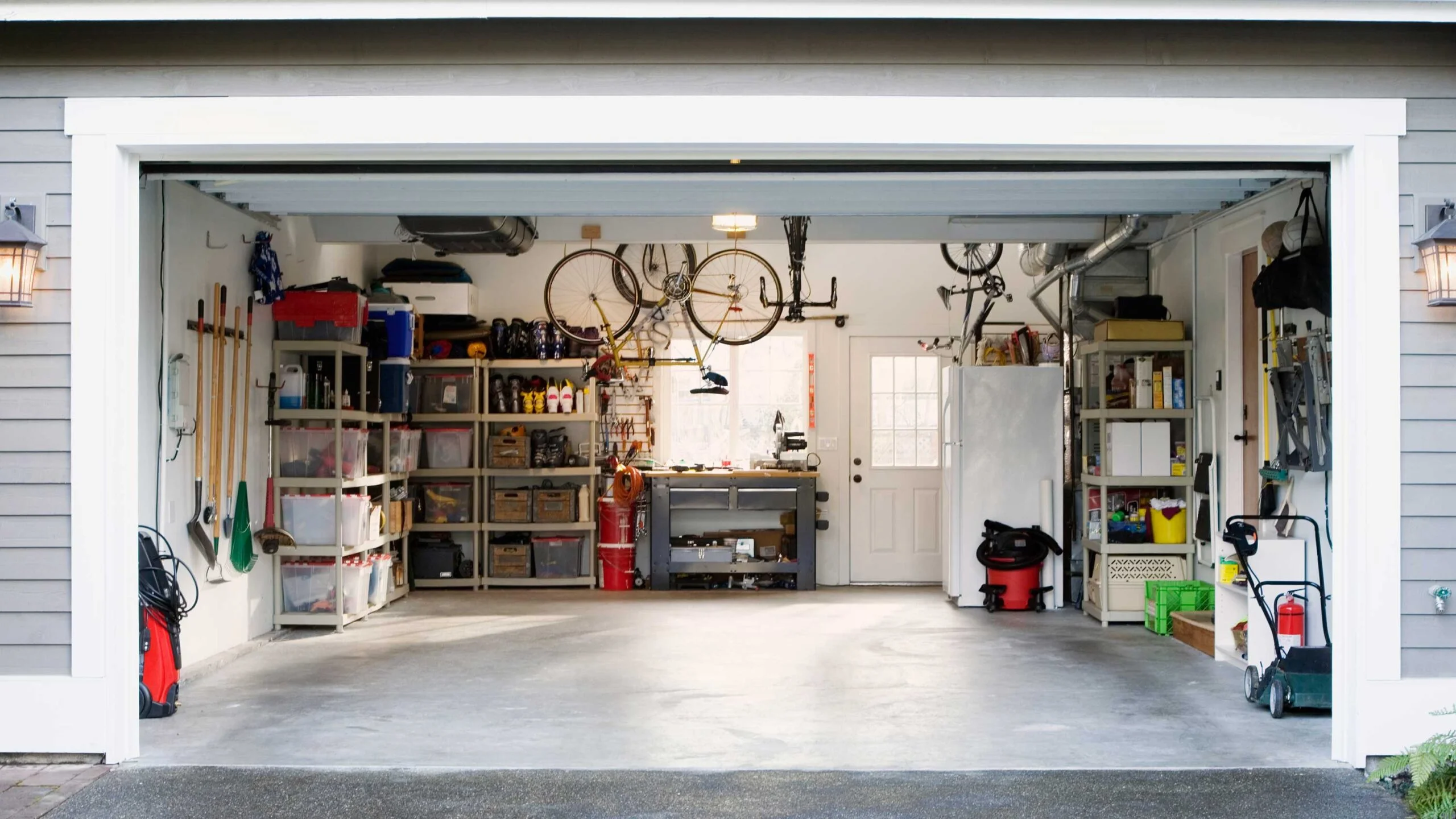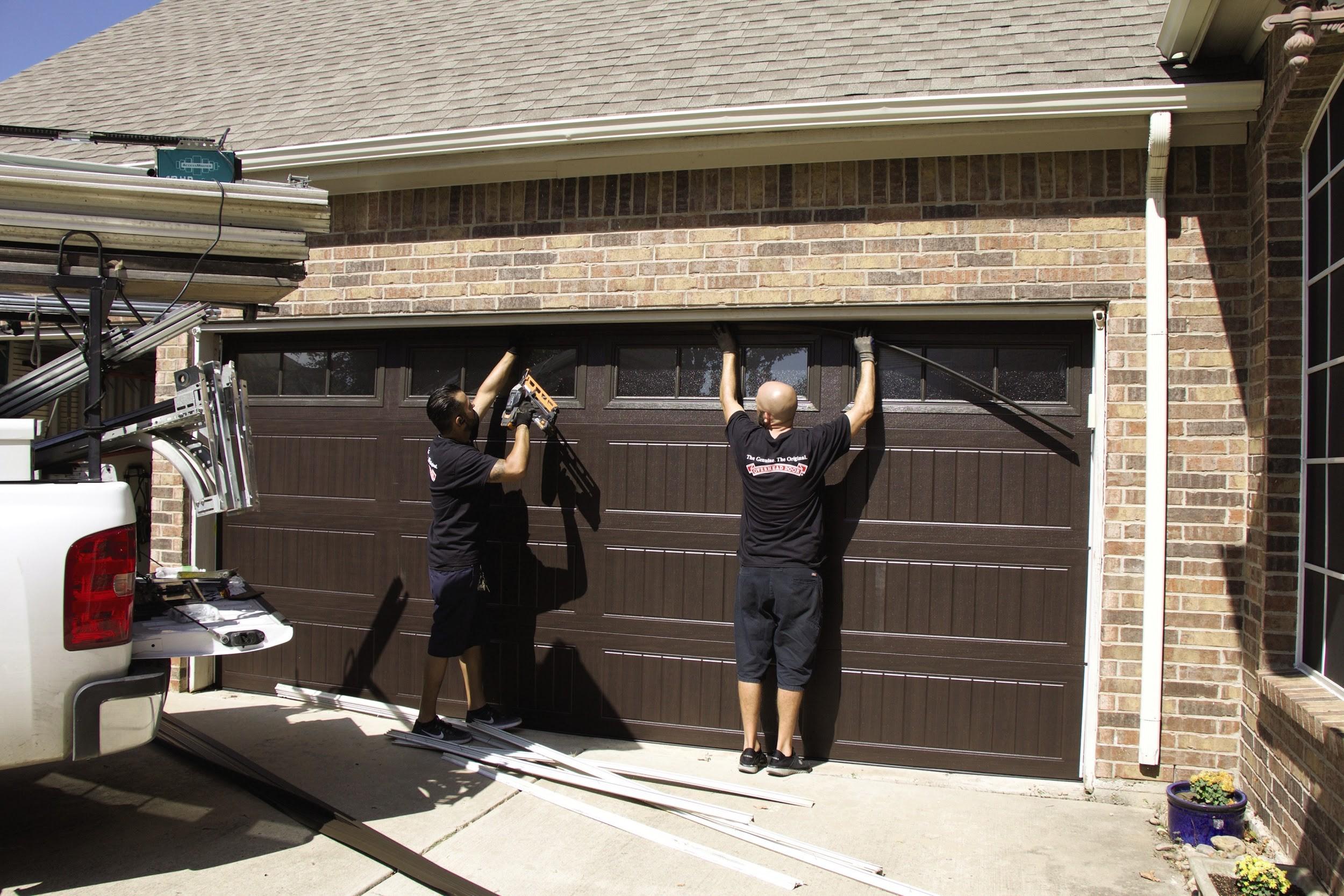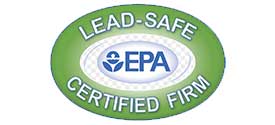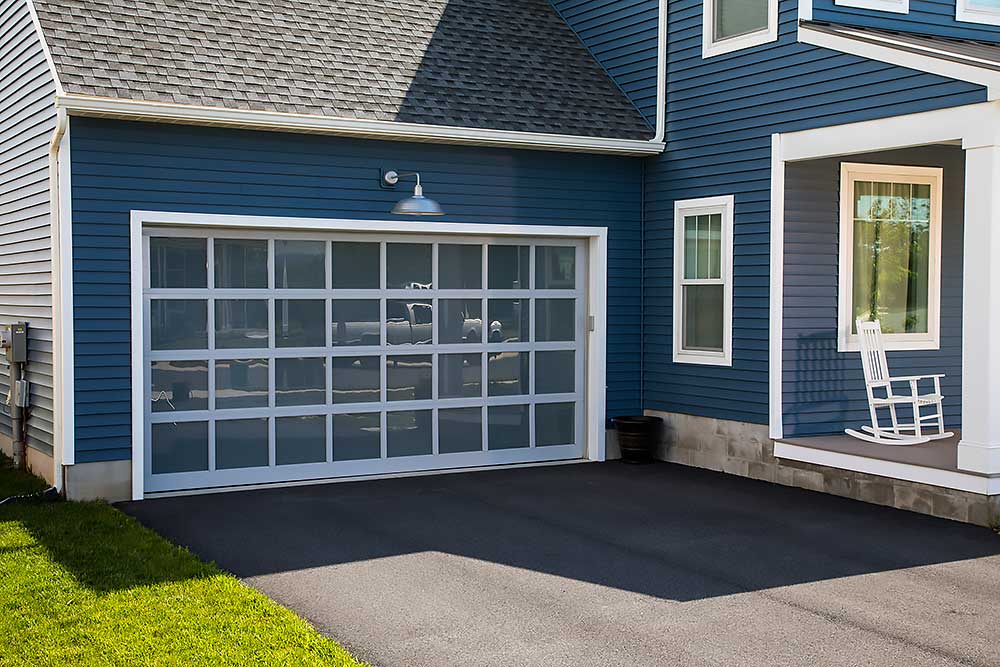
Different Ways Salt Can Damage Your Precision Garage Door
If you live in an area where salt is used on the roads and in your driveway, you may be worried about its impact on your garage door. Salt from road salt can accumulate over time and cause rust spots to form and gradually enlarge until your door is damaged beyond repair. However, there are steps you can take to protect your door. Here is what you need to know about salt and your garage door in Paso Robles.
What Is the Source of Salt Leads to Precision Door Repair?
A good garage door is a great addition to any home. When your garage door is in good condition, it can save you from much inconvenience. But all doors are prone to damage and require precision door repair, especially when salt is applied on the road during the winter and early spring. Salt causes damage to all types of garage doors. Here are the sources of salt:
De-icing Agent on Top of Snow
The garage door is made of steel, which is susceptible to corrosion when exposed to de-icing agents. When it rains or snows, runoff from the road can flow over the edge of the road and into your driveway. The runoff contains dissolved salts from de-icing agents that have been used on the road surface. This runoff can get underneath your garage door and start to corrode it from the bottom up. This corrosion will cause your garage door opener system to fail prematurely, which will cost you time, money, and inconvenience since you will need southern California garage door repair or replacement.
Salt in the Air
Salt in the air is one of the biggest causes of corrosion on garage doors. If your garage door was manufactured before 1995, it’s likely to have a galvanized steel structure and therefore be vulnerable to rust. Salt in the air combines with moisture and oxygen to create a corrosive environment that can eat away at metal.
The salt doesn’t just sit on top of your garage door in Paso robles; it gets in between the layers of paint and steel, where it can do its damage without you ever knowing. The result is that your garage door may look fine from the outside, but inside there’s rust eating away at all kinds of things like springs and bearings—things that you need for your garage door to work properly.
Rain
Rainwater contains a high concentration of salt. Rain water gets to your garage door through the gutter system. The gutters on your home are designed to direct water away from your foundation and downspouts, which carry the water away from your house and into the ground. When there’s too much water for this system to handle, it will overflow onto your driveway or sidewalk, which can cause erosion problems. The good news is that you can help prevent these problems by keeping your gutters clean—this will ensure they’re able to do their job properly when it counts most: when it starts snowing.
What Damage Can Salt Do to Your Precision Garage Door?
Salt damage can be an excruciating problem for any homeowner. The damage to the structure of your home is also equally agonizing as you consider the high costs that come with repairing the front door. Here are the damages caused by salt on garage doors.
Rust
The most common effect of salt on your garage door is rusting. If you live in an area where there is snow and ice during the winter, then you can relate to this problem. The salt used to melt ice will start to eat away at the metal parts of your garage door. This will cause them to become weak and eventually break down altogether.
Warping of Metal Parts
The most common problem caused by salt is the warping of metal parts. Salt can cause corrosion on metal surfaces, which will lead to warping and rusting over time. If this happens to your frame or panels on your garage doors in Southern California, then it will become weak and potentially break off completely when it gets hit by another object like a car driving into the garage or when someone tries opening or closing the door against its resistance.
Damaged Paint
Over time, exposure to water and salt will cause the paint on your garage door to peel off and chip away. The effects of this type of damage are more than just cosmetic — they can also be dangerous. The chemicals in paint can produce toxic fumes when they deteriorate, so it’s important that you keep an eye out for peeling paint and take steps to prevent further damage before it becomes a hazard.
Corrosion of Panels and Hinges
When the entire panel structure of your garage door gets corroded, it can break apart at the joints or hinges. This will lead to further damage since these parts are essential to keeping the door closed and protected from rain, snow, and other weather conditions that might damage it otherwise.
Cracks in the Door Frame
Salt can also cause cracks in your garage door frame if left untreated for too long because of its corrosive effects on metal surfaces like steel or galvanized steel (the latter being used as a protective coating on many modern garage doors) in Southern California.
How Can You Deal With Salt Damage on Your Garage Door?
Salt is corrosive and will eat away at the metals in your garage door, causing rusting and pitting. The good news is that there are several ways to protect your garage door from salt damage this includes.
Professional Washing
If stubborn rust stains do not come off easily, you should consider calling a professional service to wash down your door. They will use specialized equipment to clean off stains safely without damaging the surface or leaving streaks behind.
Professional Waxing
Professional precision door waxing helps protect against future damage as well as improves your garage door appearance at the same time. Waxing also protects against dirt buildup and gives it a nice shine as well.
Professional Sealing
Many different types of materials can be used to seal a garage door. However, not all products are created equal. Professional sealing by the precision garage door is one of the most effective ways to prevent future problems and improve the overall look of your garage door. A professional precision door repair will use high-quality materials that will last longer than other solutions. They also know how to apply them correctly, so they don’t cause any damage or rust in the future.
Salt can cause corrosion, and this corrosion can lead to your garage door breaking. This is inevitable if not taken care of in time. In fact, the effects of salt are evident on the garage doors since these are made of steel or aluminum. You will need to maintain your garage door to avoid salt damage regularly.
